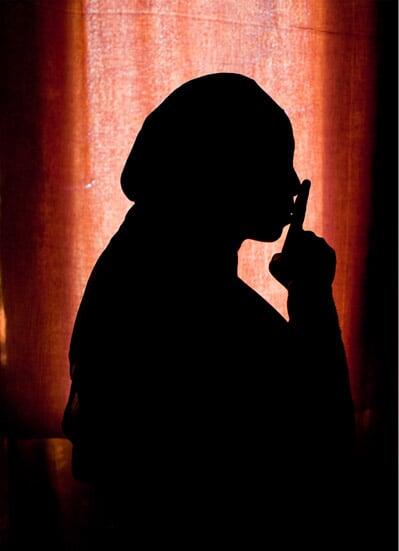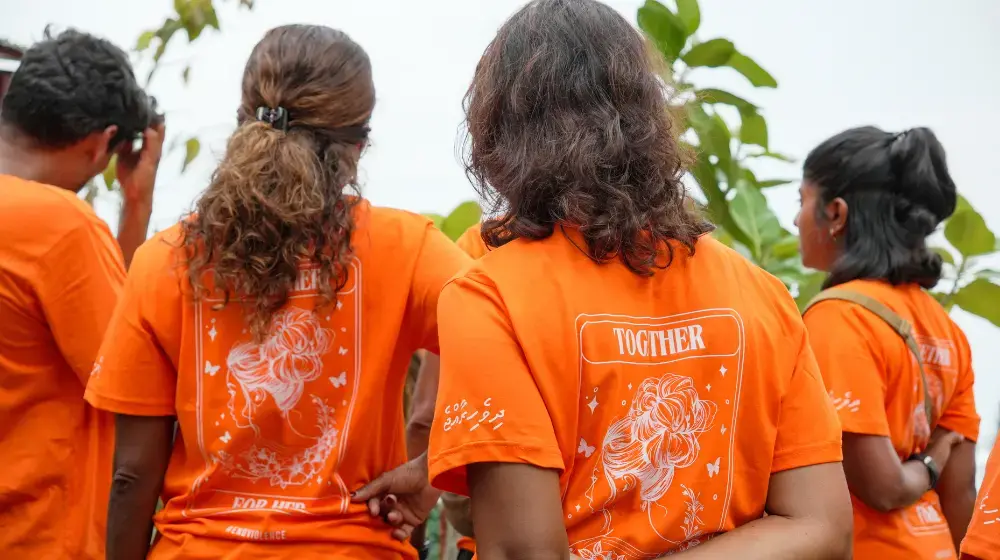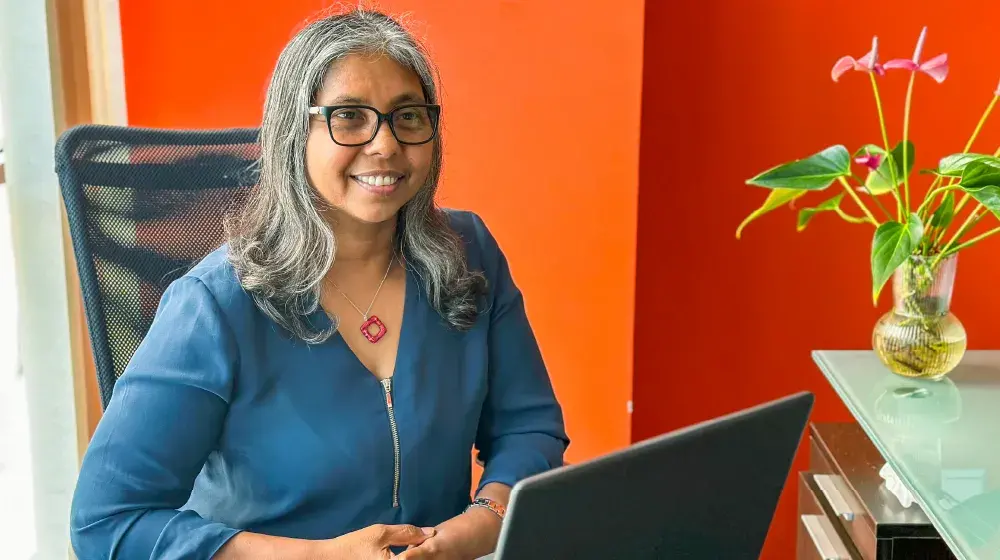This is why UNFPA, the United Nations Population Fund, has developed a course, available online, free-of-charge, that eqips health workers in the Maldives to identify and assist survivors of gender-based violence. This training, as well as new national guidelines it supports, were developed in partnership with the Health Ministry, which now requires it for all incoming foreign doctors.
Gender-based violence is a major public health challenge in the Maldives.
As well as being a direct cause of injury, ill-health and even death, it affects women's health indirectly through unwanted pregnancies and sexually transmitted infections. Studies have shown that victims are twice as likely to experience depression, more likely to have low-birth weight babies and develop sexually transmitted infections.
Like our neighbors in South Asia, gender-based violence is widespread in the Maldives. It affects all ages, regardless of socioeconomic status. A landmark study in 2004 found that one in three Maldivian women aged 15-49 experience physical or sexual violence during their lifetime.
With this evidence - and sustained advocacy by civil society - the Maldives has shown leadership through the 2012 Domestic Violence Act. This law mandates strong protections for survivors and punishment for offenders. While it was a crucial step toward ending violence against women in the Maldives, we each now share a responsibility for realizing the law's promise.
Part of this duty rests with the health sector, which needs to strengthen key systems, such as collection and analysis of medical evidence, which is crucial to the legal process. Survivors of violence frequently encounter barriers to justice because their healthcare providers are unaware of the referral process for police action.
Paperwork aside, other legal and social factors persist in preventing victims' access to justice. Addressing these will require expanded commitment by all those with mandated responsibilities under the Domestic Violence Act to monitor and report progress on implementing it. We also hope to see the Government of the Maldives undertake a fuller accounting of gender-based violence's economic impact - for families, communities, and the nation - as well as the benefits of robust investments in preventing violence and protecting women's rights and equities.
For the health sector's part, new and clear guidance has equipped doctors and nurses to deliver holistic, effective and comprehensive medical care. This means providing emotional support that respects survivors' rights, needs and sensitivities; it also entails empowering victims to pursue justice by laying out for health workers how to refer cases for police action - if the victims elect to do so.
When there are established standards for interacting with victims, managing injuries, conducting clinical examinations, collecting samples, and offering basic counseling, both clients and health workers benefit from knowing with certainty whether the care provided was adequate or not.
As the Maldives marks the start of 16 Days of Activism to End Violence Against Women - a global campaign of local action - the Health Ministry deserves recognition for its leadership and foresight by requiring all incoming foreign doctors to undergo the online training that UNFPA has helped develop. We hope the Maldives National University's Faculty of Health Sciences will soon follow the ministry's example by integrating this course into the curriculum for all Maldivian doctors.
Only by ensuring universal training - along with an expanded commitment to monitor the Domestic Violence Act's implementation by all responsible - will we prevent gender-based violence in our homes and communities and ensure survivors' access to the support they need, at the quality they deserve.





